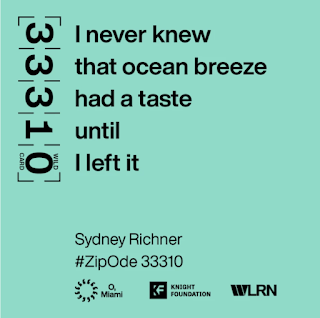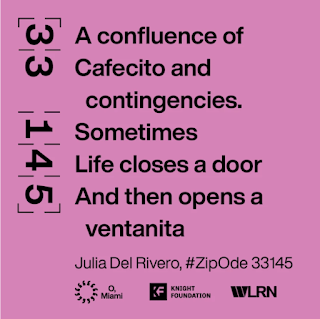Sometimes when I'm speaking with a new consulting client, our perceptions of the time needed to complete project tasks on-site at their museum are very different.
Usually, my contact will express that there is "no way" we will complete all the activities I've proposed to happen at their museum in the time allotted. It doesn't matter whether the time involved is two days or two weeks.
However, I know a little museum consultant trick that "expands" time. Well, it's not really a trick, but rather a way of playing with an all too common reality for museum folks -- they don't get regular large blocks of "uninterrupted" time to do their work!
No matter if someone works in Exhibits, Education, Development, or Administration, they seem to be constantly pulled away or distracted by meetings, building concerns, visitor complaints, board issues, malfunctioning exhibits, etc., etc.
However, when everyone knows a consultant is coming (especially from out of town!) staff working at the museum make a commitment to create blocks of "untouchable" time to meet, prototype, brainstorm, or whatever with the consultant (like me!)
And, unsurprisingly, when talented and creative museum folks dig into challenges together for those uninterrupted blocks of time -- LOTS of cool stuff happens.
There are also ways to "hack" your work calendar to create these "time-bending" calendar blocks. Some folks put their "high concentration" tasks at the very beginning of their work day (ideally before the museum opens) to maximize their workflow. If possible, some folks shift their starting times an hour earlier to maximize concentrated quiet time or even book standing meetings with themselves to build in those blocks of focused time.
All of this begs the question of whether all those workplace "interruptions" are really necessary. Of course, if a real emergency like a water pipe bursting happens, it requires immediate attention. But could other work events, or meetings, be put into a temporal "parking lot" to be dealt with at specific times -- after lunch or two hours before closing, for example -- leaving the rest of the day for concentrated bursts of thinking, creating, problem-solving?
It's worth spending a little time thinking about how your workdays normally flow -- or don't.
Or you could just
contact me to work with your museum so we can bend time together!
Don't miss out on any ExhibiTricks posts! It's easy to get updates via email or your favorite news reader. Just click the
"Sign up for Free ExhibiTricks Blog Updates" link on the upper right side of the blog.
Paul Orselli writes the posts on ExhibiTricks. Paul likes to combine interesting people, ideas, and materials to make exhibits (and entire museums!) with his company
POW! (Paul Orselli Workshop, Inc.) Let's work on a project together!
If you enjoy the blog, you can help keep it free to read and free from ads by supporting ExhibiTricks through our
PayPal "Tip Jar"







